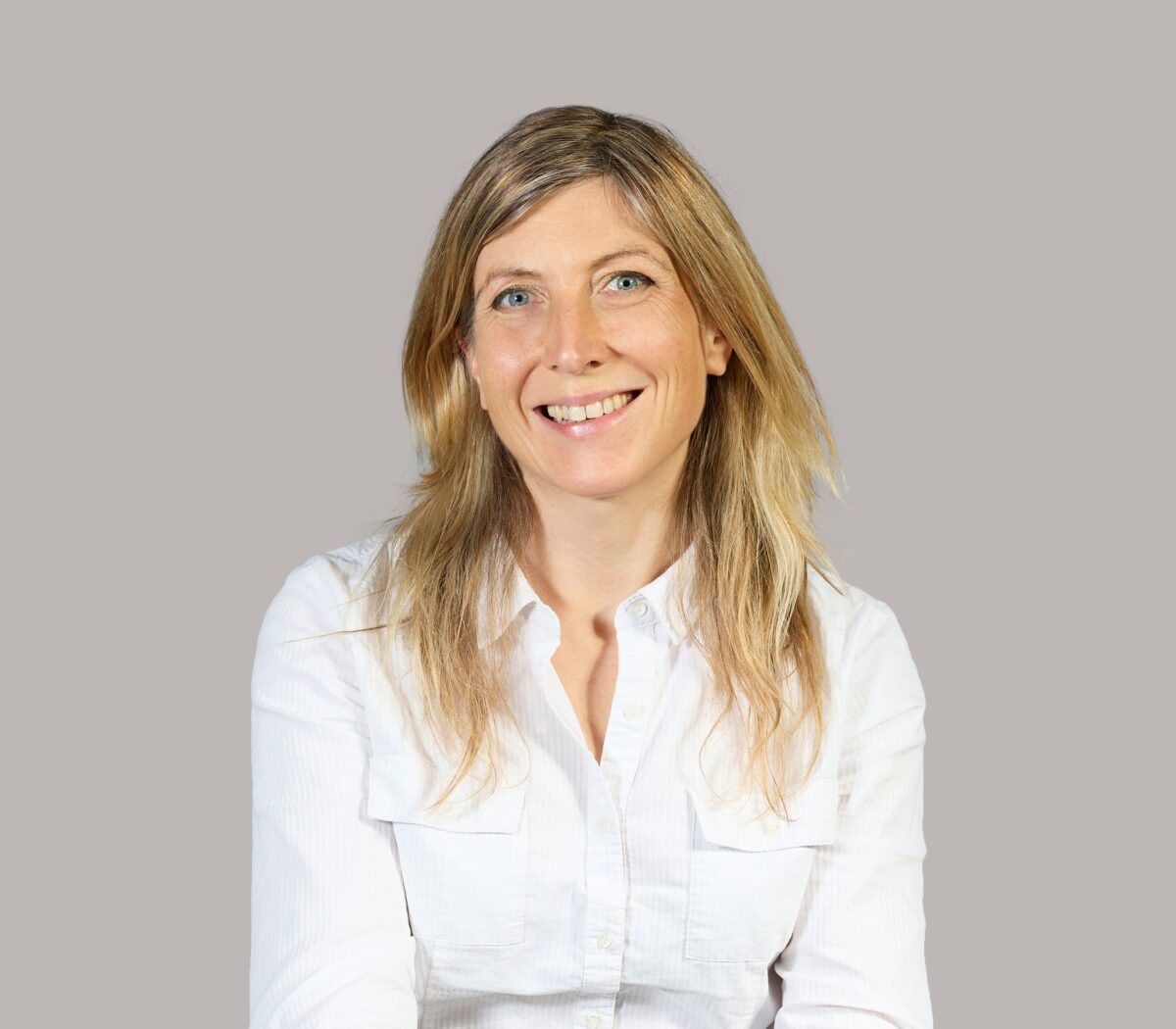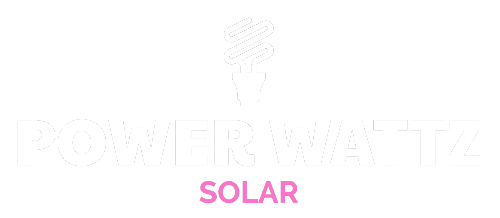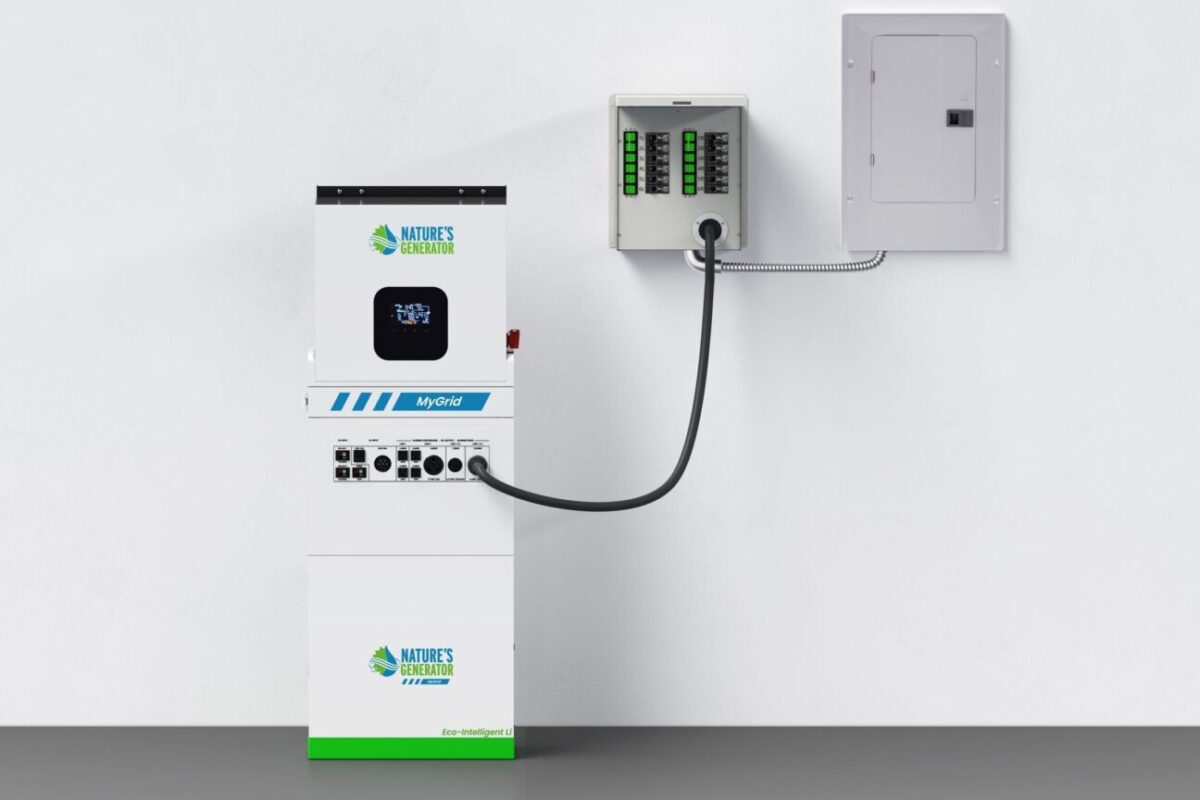
This week, Women in Solar Europe (WiSEu) gives voice to Katherine Vinnicombe, Managing Director BESS at Italy’s Innovo. She says that women entering renewables today have a smoother path than it was a decade ago, although still far from equitable. “Recognizing your presence in decision-making discussions is essential. It normalizes diversity for those who follow,” she states.
The renewable energy sector is key to humanity’s fight against climate change, reimagining how the world powers itself. To meet this challenge, the industry must harness the full potential of all available talent—including women, who remain significantly underrepresented in technical and leadership roles. The data is clear: diverse teams drive better outcomes. The question is not whether diversity matters, but why the sector continues to overlook a clear competitive advantage.
Despite progress in equality, women hold just 38% of PhDs in physical sciences and 27% in engineering— both critical to renewable energy innovation. Industry data (OECD & International Energy Agency) indicates just 14% of senior managers are women. This imbalance is visible in conference panels and boardrooms, where male voices dominate discussions about the future of energy.
The consequences are material. Research from Bank of America Global Research shows companies with above-median female leadership deliver 30% higher returns on equity. In an industry where effective capital allocation and technological innovation determine success, excluding half the population from decision-making roles isn’t just unfair—it’s strategically unsound.
My own path illustrates some systemic obstacles women face and the transformative power of inclusive leadership. I entered finance in 2008 at HBOS/Lloyds Bank, a moment when the financial sector was reeling from crisis and beginning to confront its lack of diversity. Institutions once dominated by homogeneous leadership had just demonstrated how groupthink could precipitate financial disaster. The resulting changes created space for new voices, but old biases persisted.
I was asked why someone “nice” like me wasn’t working at a charity instead of a bank. Such comments revealed deeper assumptions about women’s roles in high-stakes industries. What made the difference was finding allies—male colleagues who recognized potential, not stereotypes. These individuals remain in my network today on the “panel” of bank lenders I would work with as an equity investor.
Other early experiences illustrated how workplaces can either stifle or accelerate progress. During the UK’s 2010s solar boom, as an investment professional at Foresight, I negotiated with some developers and landowners initially unprepared to engage with female dealmakers. Comments could be as ridiculous as “my daughter is as old as you” (which means neither she, nor you should be taken seriously). My calm but forthright approach, demonstrating that I was the one with the objective skills, knowledge, and decision-making ability to get the deal done, together with my manager’s strong rejection of their approach, delivered an important message. By the end of this period, I was leading milestone projects.
Later, at Eelpower, I joined a company where gender diversity wasn’t an afterthought but an operational priority. The firm’s commitment to inclusion was so effective that its gender pay gap favored women—a rarity in any industry. This wasn’t tokenism; it was a recognition that diverse teams simply perform better.
For women entering renewables today, the path is smoother than it was a decade ago—but far from equitable. Seek out mentors and sponsors, both male and female, who advocate for your advancement. Recognizing your presence in decision-making discussions is essential. It normalizes diversity for those who follow.
I recall one pivotal moment as a junior; a bank Director observed me hesitate to speak unless absolutely certain, whilst others were confidently voicing half-formed ideas. This made me realize how women had been socialized to avoid perceived overreach—a tendency that can silence valuable perspectives. As individuals, we must challenge these tendencies and remember our merits. Renewable companies must actively counteract outdated patterns. The results speak for themselves. At Innovo, where women lead critical divisions including legal, HR, and energy storage, we’ve achieved rapid growth alongside recognition as a top workplace. We embrace progressive management training, smart working patterns, and have gained certificates such as “Great Place to Work” and progress towards Italian Gender Equality Certification.
Our sector cannot afford to squander talent in the race to decarbonize the global economy. Women must continue to step forward confidently. True innovation requires perspectives shaped by different life experiences. By making inclusion a strategic priority rather than box-ticking, industry can unlock its full potential—and in doing so, build a more sustainable future for everyone.
Katherine joined Innovo in 2024 as Managing Director for BESS (energy storage). She leads strategic growth of Innovo’s BESS division as well as fundraising, development, construction, and operations of BESS across Europe. She has been in the industry for over 15 years. Previously,, Katherine headed up Corporate Development for leading UK BESS business Eelpower, overseeing doubling of their portfolio of projects. This was immediately preceded by a spell at the utility SSE, securing strategic investment for renewables including converting large ex-coal power sites to major UK BESS projects (Ferrybridge & Fiddlers Ferry). Previously, she was Senior Investment Manager at Foresight, originating renewables transactions and projects across UK and Europe, following an early career at Lloyds/Bank of Scotland who were pioneers in lending to offshore wind and solar. Katherine is a science graduate from Cambridge University. She loves mountaineering and the natural environment, which is co-incidental to her move to northern Italy.
Interested in joining Catherine Vinnicombe and other women industry leaders and experts at Women in Solar Europe? Find out more: www.wiseu.network
The views and opinions expressed in this article are the author’s own, and do not necessarily reflect those held by pv magazine.
This content is protected by copyright and may not be reused. If you want to cooperate with us and would like to reuse some of our content, please contact: editors@pv-magazine.com.
Source link


